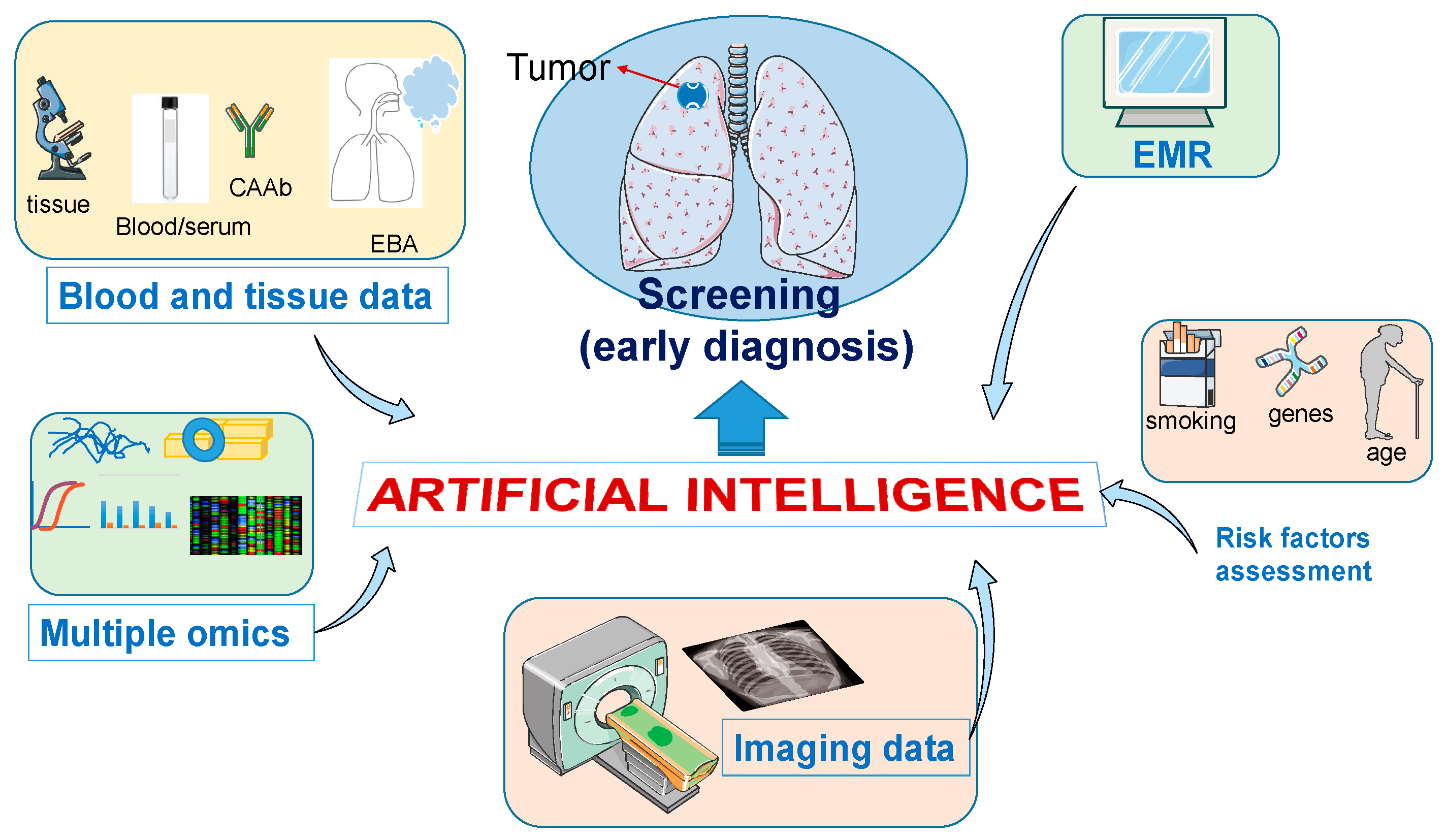
AI Unlocks New Frontiers in Cancer Detection and TreatmentAI Unlocks New Frontiers in Cancer Detection and Treatment The advent of artificial intelligence (AI) has revolutionized numerous industries, and healthcare is no exception. In the field of oncology, AI has emerged as a transformative force, unlocking unprecedented possibilities for cancer detection and treatment. Early Detection AI-powered algorithms can analyze vast amounts of data, including medical images, genetic information, and patient records, to identify patterns and predict risk. By harnessing these capabilities, AI can detect cancer at an early stage, when treatment is most effective. Precision Treatment AI can tailor treatment plans to the unique characteristics of each patient’s cancer. By studying tumor biology, AI models can identify specific genetic mutations and molecular pathways involved in cancer development. This information enables clinicians to select targeted therapies that maximize efficacy while minimizing side effects. Radiotherapy Optimization AI can enhance the accuracy and effectiveness of radiation therapy. Advanced algorithms can calculate optimal radiation doses and beam angles, reducing the risk of damage to nearby healthy tissues. AI-guided radiotherapy has been shown to improve treatment outcomes and reduce patient discomfort. Drug Discovery AI algorithms can accelerate the discovery of new cancer drugs. By screening vast chemical databases, AI can identify potential candidates and predict their efficacy against various cancer types. This process reduces the time and cost associated with drug development, bringing promising new treatments to patients faster. Personalized Medicine AI plays a crucial role in the emerging field of personalized medicine. By analyzing patient-specific data, AI algorithms can create tailored treatment plans that consider an individual’s unique genetic makeup, lifestyle, and response to therapy. Personalized medicine offers the potential to maximize treatment effectiveness and improve patient outcomes. Challenges and Future Directions While AI holds tremendous promise in cancer care, there are challenges that need to be addressed. Data privacy and security are of utmost importance, given the sensitive nature of patient information. Additionally, it is crucial to ensure that AI algorithms are developed and validated using high-quality data to prevent bias and inaccuracies. Despite these challenges, the future of AI in cancer care is bright. As research continues and AI algorithms become more sophisticated, we can expect AI to play an increasingly vital role in the prevention, detection, and treatment of cancer. The ultimate goal is to create a world where cancer is detected early, treated effectively, and ultimately eradicated.
Posted inNews